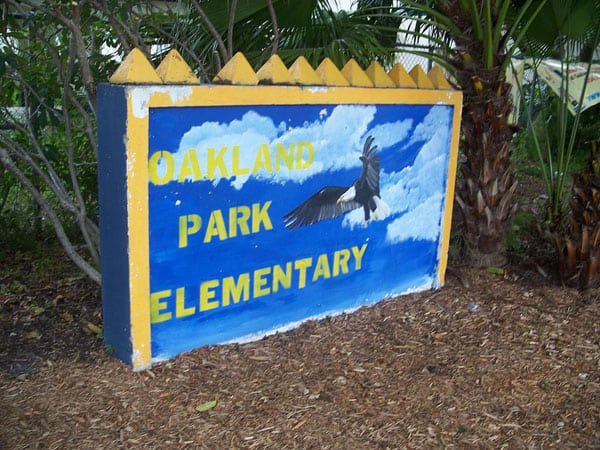
July 3, 2018; Chalkbeat
“Rather than fight to the bitter end, can we find a common path to solve difficult problems?” This a question that might be asked about many issues currently before voters and policymakers. Influenced by the nonprofit GO Public Schools, the city of Oakland’s school board wants to try.
Rather than continue the tug-of-war over scarce resources that regularly pits charter schools against traditional public schools, the board has asked all the partisans to join them in creating a unified view of the city’s educational needs that can guide them in making hard decisions about the district’s schools.
The problems faced by Oakland’s schools are not unique. Students of color and those for whom English is not their first language do not show the same level of educational progress as the district’s white students. Poor students do not do as well as their more affluent peers. According to Chalkbeat, “A number of observers say Oakland has too many schools for too few students, leaving district finances stretched too thin—and the key question remains which kinds of schools will go through the painful process of closing.”
Rather than continue the charter-vs.-public-school dynamic, GO Public Schools saw the positives in a more unified view and launched a petition drive that asked all parties to come together based on a vision of “a public school system delivering a high-quality education for all students, no matter whether they attend a district-run or charter school. Unified under a bold, citywide vision for excellence, this system of schools maximizes resources to school sites and prioritizes resources for our most underserved students. It provides schools and educators with the flexibility to meet diverse student needs and the freedom to create innovative new models that accelerate student learning.”
Sign up for our free newsletters
Subscribe to NPQ's newsletters to have our top stories delivered directly to your inbox.
By signing up, you agree to our privacy policy and terms of use, and to receive messages from NPQ and our partners.
Last week, the school board agreed with GO Public Schools and adopted a policy that expects all public schools “in Oakland—district or charter—as well as families, staff, community members and labor unions, will accept shared responsibility for the sustainability of our school system.” District staff was asked to present recommendations by next November that would “create a city-wide plan by which all schools—both OUSD-run schools and charter schools authorized…will be engaged, assessed, and leveraged to deliver more high-quality school options in Oakland.” The recommendations will cover the challenging issues of facilities, enrollment, transportation, oversight, and financial stability.
While a victory for GO Public, the board’s actions may have been the easy part of their effort. Now, the difficult issues that have made finding common ground hard will have to be addressed and resolved. During the debate leading up to the board’s vote to approve, the teacher’s union weighed in with its concerns. According to Chalkbeat, Trish Gorham, the head of the local teacher’s union, told the board, “We are rejecting a ‘system of schools’ concept and a ‘1 Oakland concept’ because they are euphemisms for an endless campaign to blur in the public’s mind the difference between charter and public schools—and there is a difference.” The California Charter Schools Association had also opposed GO Public School’s efforts because they envisioned freezing new charter schools while the process continued and saw a shared financial responsibility that included charter schools and a common enrolment platform that would ensure a more balanced enrollment in all schools. As Max Daigh, a CCSA regional director, wrote, “1Oakland’s ask drastically misses the point.”
In a district with too many schools and insufficient funds, will GO’s collaborative thinking lead to some hard decisions? Without limited power over the operations of publicly funded but privately managed charter schools, doubters fear the pain of school closings can be inflicted objectively.
It’s hard for the district to close charters: Though the district authorizes most of the city’s charter schools, charters may appeal a closure decision to the county and the state, which can overrule district decisions. “You can’t close charter schools, so we know this policy will only apply to public schools,” Mike Hutchinson, founder of Oakland Public Education Network and a former school board candidate, told board members at a previous hearing.
GO Public Schools was able to generate enough support to convince Oakland’s School Board that the effort of creating a unified vision was better than continuing to fight. Will they be able to convince those in the charter sector to do likewise?—Martin Levine













